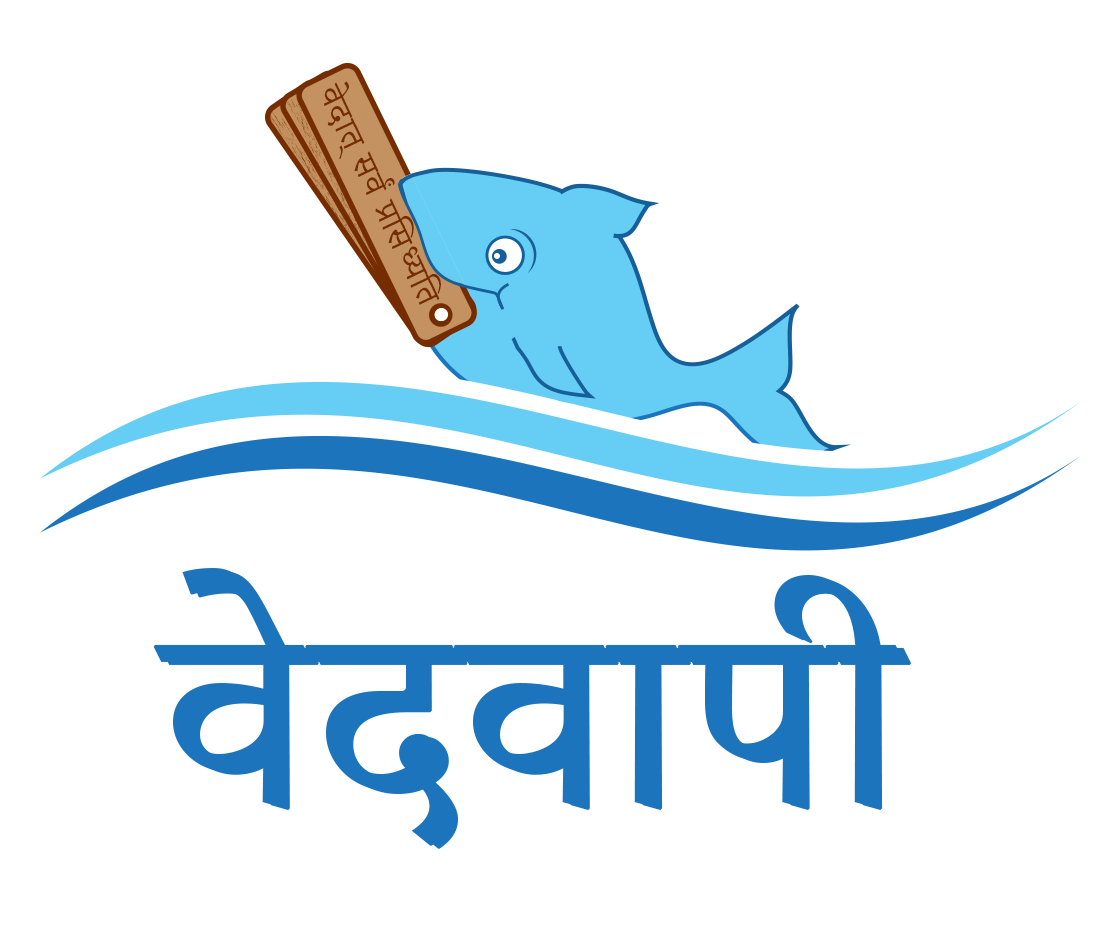Some foundational content in terms of videos are provided here. Related papers , articles explicating positions and approaches are also shared in the Papers section.
On Knowledge Sources
A 17 part playlist introduces the traditional Bharatiya Knowledge sources. This was conceived as an Introductory Course in English for graduate students.

Nyaya ( Theory of Knowledge)
Often erroneously translated as “Indian Logic” , Nyaya Shastra is much more. it provides basis for the entire lifecycle of knowledge. What is to to be considered as knowledge in the first place. How can it be created ? How can knowledge be verified , curated and much more ? Can “knowledge” be tested , if so How ? The “scope” of applications of Nyaya is tremendous, especially so in the modern context when Bharatiya Gyaan encounters mainstream “knowledge”.
Nyāya Sutra-s of sage Gautama, an Upāṅga, dealing with sensory perception, Inference, Analogy, Verbal Testimony, various aspects of polemics, debate, syllogism, fallacies etc. in all describing 16 entities ‘worth knowing about for realizing the ultimate’. The Nyāya sutra deals with Ontological classification of things and proceeds to enumerate, define and verify their essential and typical characteristics. Instruments and objects of knowledge are dealt with in detail. The process of ‘human understanding’ is described and theories of valid knowledge, error, word-meaning relations, cognition, validity/fallibility etc. are postulated. The Linguistic, Psychological, Ontological, Logical and Philosophical issues are elaborated besides covering the inference in great detail.

On Interpreting Knowledge
The Mīmāṃsā Śāstra is primarily meant to devise methods for interpretation of vēdic texts, including Upaniṣad’s, and does so mainly at discourse level. Theories of the process of cohering of word-meanings at sentence level are a hall-mark of this śāstra, which has applications in all other shaastras as well. It is a science of judicial interpretation of the sacrificial portion (Karma Kāṇḍa ) of the Vēdaḥ just as Vēdānta is that of jñānakāṇḍa. This śāstra discourses about the Sources and Instruments of knowledge, sentence, coherence, semantics, pragmatics, sense-disambiguation maxims etc.

Brahmasri Dr. Mani Dravid

